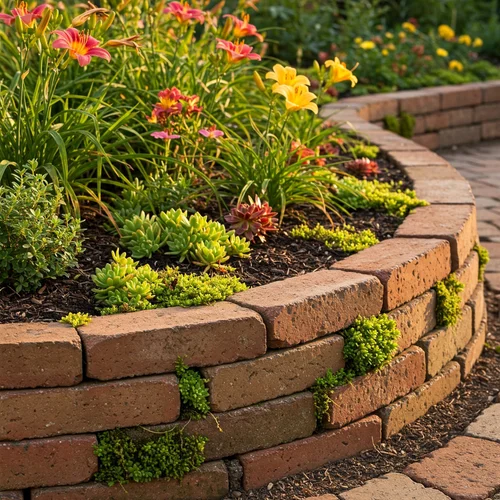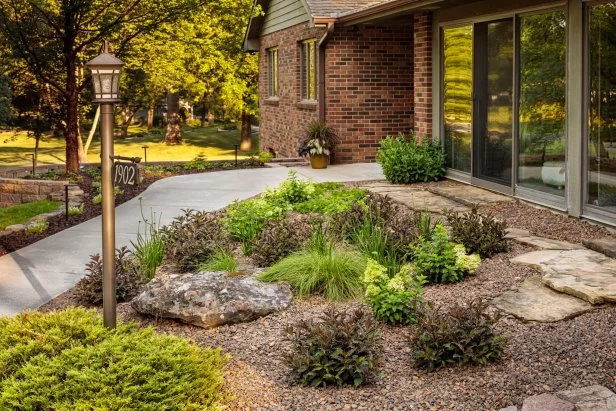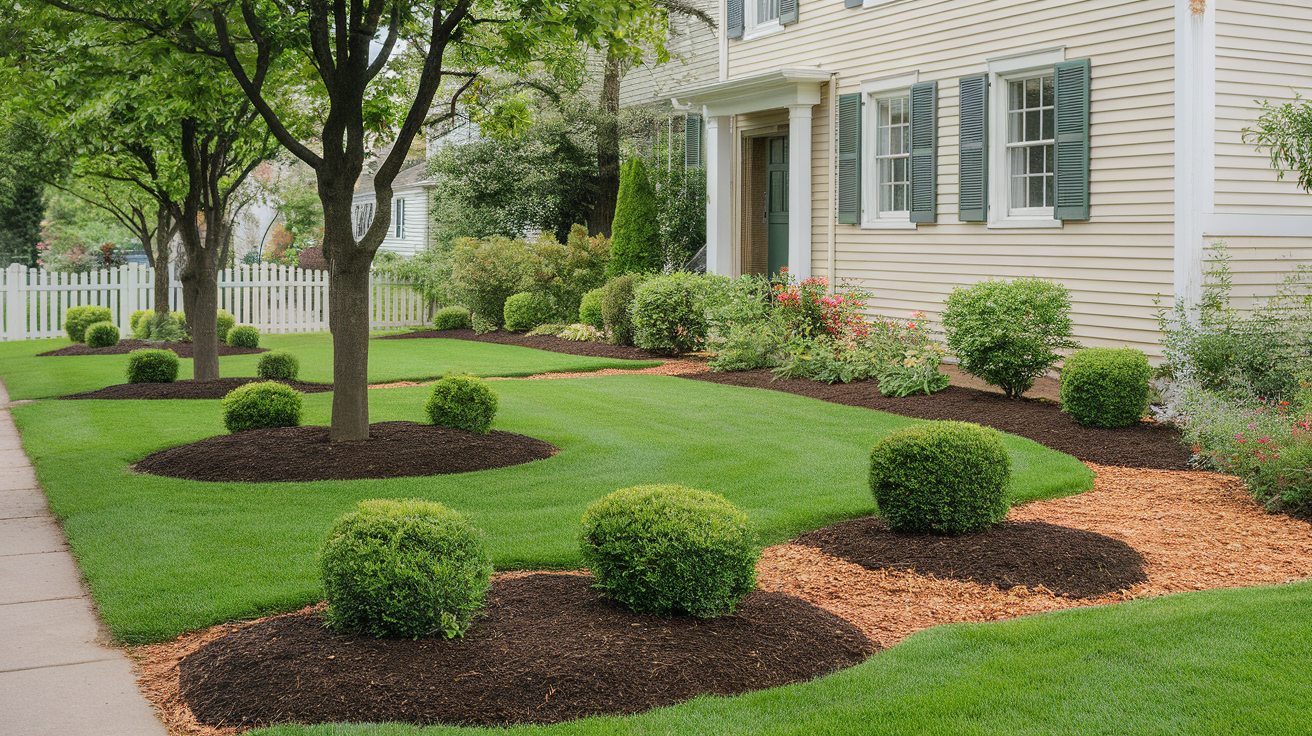Mulch is like a blanket for your garden. It keeps the soil warm. It also keeps weeds away. But, mulch can be expensive. Here, we will explore cheap mulch ideas.
Why Use Mulch?
Mulch is very helpful for gardens. It keeps the soil moist. It prevents weeds from growing. Mulch also adds nutrients to the soil. This helps plants grow strong.
Different Types Of Mulch
There are two main types of mulch. Organic and inorganic.
- Organic Mulch: Made from natural materials. It breaks down over time. This adds nutrients to the soil.
- Inorganic Mulch: Made from materials like plastic. It does not break down.
Inexpensive Organic Mulch Ideas
Organic mulch is good for the soil. It is also cheap. Here are some ideas:
Grass Clippings
Grass clippings are easy to find. After mowing the lawn, collect the grass. Then, spread it around your plants. Grass clippings keep the soil moist. They also add nitrogen to the soil.
Fallen Leaves
Leaves fall from trees. You can collect them in the fall. Use them as mulch. They keep the soil warm. They also add nutrients to the soil.
Wood Chips
Wood chips are small pieces of wood. You can get them from tree trimming services. They last a long time. They look nice in gardens too.
Straw Or Hay
Straw and hay are light and easy to spread. They keep the soil cool. They also prevent weeds. Be sure to use clean straw. Some straw has weed seeds in it.
Newspapers And Cardboard
Old newspapers and cardboard are great for mulch. Lay them flat on the soil. Cover them with a thin layer of soil or grass clippings. They block light, so weeds cannot grow. They also break down over time.

Credit: www.gardeneros.com
Inexpensive Inorganic Mulch Ideas
Inorganic mulch lasts a long time. It does not break down. Here are some ideas:
Stone Or Gravel
Stones and gravel last forever. They look nice in gardens. They help keep the soil from washing away. But, they do not add nutrients to the soil.
Plastic Sheeting
Plastic sheeting is good for large gardens. It keeps weeds away. But, it does not let water through. Make sure to water your plants well.
How to Apply Mulch
Applying mulch is easy. Follow these steps:
- Clean the garden bed. Remove weeds and debris.
- Spread mulch evenly. Use a layer 2-4 inches thick.
- Keep mulch away from plant stems. This prevents rot.
- Water the mulch. This helps it settle.

Credit: www.hgtv.com
Benefits of Using Mulch
Mulch has many benefits. It saves water by keeping the soil moist. It stops weeds from growing. Mulch also adds nutrients to the soil. This helps plants grow better.
| Type | Cost | Benefits |
|---|---|---|
| Grass Clippings | Free | Moisture, Nitrogen |
| Fallen Leaves | Free | Warmth, Nutrients |
| Wood Chips | Low | Long-lasting, Aesthetic |
| Straw or Hay | Low | Cool Soil, Weed Prevention |
| Newspapers/Cardboard | Free | Weed Block, Breakdown |
| Stone or Gravel | Medium | Durability, Aesthetic |
| Plastic Sheeting | Low | Weed Prevention |
Frequently Asked Questions
What Are The Cheapest Types Of Mulch For Gardens?
Wood chips, straw, leaves, and grass clippings are among the cheapest mulch options.
Can Recycled Materials Be Used As Mulch Effectively?
Yes, shredded paper and cardboard work well as eco-friendly, inexpensive mulch.
How Does Mulch Help Save Water In The Garden?
Mulch keeps soil moist by reducing evaporation, so plants need less watering.
Is Homemade Mulch Better Than Store-bought Mulch?
Homemade mulch is cost-effective and natural but may vary in quality.
Conclusion
Mulch is important for gardens. It helps plants grow better. You do not need to spend a lot of money. Use inexpensive materials. Grass, leaves, and wood chips are great choices. They are easy to find and use. Try these ideas in your garden.
4 min read

